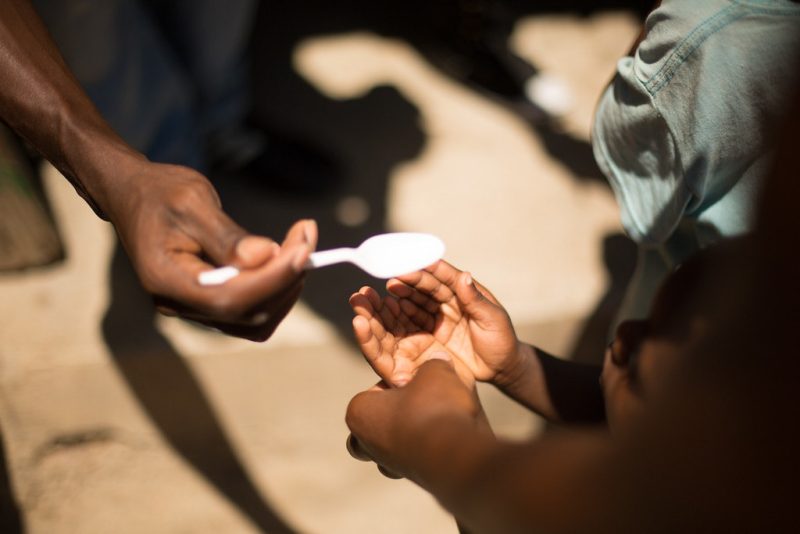
PhD candidate Adam Mitangu Fimbo investigates the safety and efficacy of mass drug administration drugs
Adam Mitangu Fimbo is a doctoral student at Karolinska Institutet, but not for much longer. On April 26 he will defend is doctoral thesis titled Pharmacovigilance of Mass Drug Administration as Preventive Chemotherapy to Control and Eliminate Lymphatic Filariasis in Tanzania. Meet the Director General of Tanzania Medicines and Medical Devices Authority, and expert on the safety and quality of drug administration.

What is your background?
“I hold a bachelor’s degree in pharmacy, a master’s degree in Pharmaceutical Services and Medicines Control as well as a master’s degree in clinical Trials. I am currently the Director General of Tanzania Medicines and Medical Devices Authority (TMDA) where my main responsibilities include management of all matters related to regulation of quality, safety and efficacy of medicines including biological products, medical devices, and diagnostics”.
Dr. Fimbo has initiated the establishment of an effective regulatory system within TMDA that has enabled the authority to become one of the best authorities in Africa including attaining ISO 9001 certification and World Health Organization (WHO) Maturity Level 3.
What has your PhD project focused on?
“My PhD has focused on pharmacovigilance of medicines used for the control of lymphatic filariasis given during mass drug administration (MDA) campaigns. The project is part of the PROFORMA project which is ongoing since 2018 lead by Professor Eleni Aklillu. The aim was to actively investigate the safety and efficacy of MDA drugs. We also did the prevalence study and population pharmacokinetic modelling to determine the disposition of ivermectin and predictors of pharmacokinetics. As part of the safety study, we also comprehensively assessed the hematological and biological parameters to see if they change after drug use post MDA”.
What are the results you have found?
In my research, the safety and tolerability of study drugs were confirmed. However, safety follow-up of individuals with underlying clinical conditions during MDA needs to be considered particularly in those over 65 years of age.
Despite this, the disease prevalence remains high, requiring stronger control measures by the National Tropical Diseases Control Programme (NTDCP) to reduce its impact in the country. Additionally, the low MDA coverage observed in the studied district, compared to the World Health Organization’s (WHO) recommended 65% coverage, warrants investigation and targeted interventions. Notably, MDA drugs can impact hematological and biological parameters, emphasizing the need for further investigation into their effects on hematological and biochemical markers. The application of Population Pharmacokinetics (POPPK) modeling can enhance drug monitoring in future MDA programs.
Lastly, the efficacy of MDA drugs persists, prompting a recommendation for re-mapping lymphatic filariasis (LF) and onchocerciasis co-endemicity. This would facilitate the introduction of Diethylcarbamazine in Tanzania, as it targets adult worms responsible for LF persistence.
Upcoming doctoral thesis defence
When completing his PhD and returning to Tanzania this spring to continue medicine regulation, Dr Fimbo says he will leave with a good experience.
“It has been a learning curve indeed. Lots of knowledge and skills on research methodology and implementation, data collection, working in rural areas, laboratory work, data analysis, manuscript writing and publication of research findings”.
If you want to learn more about Dr Fimbo’s research please join his doctoral thesis defence on Friday, April 26.

0 comments